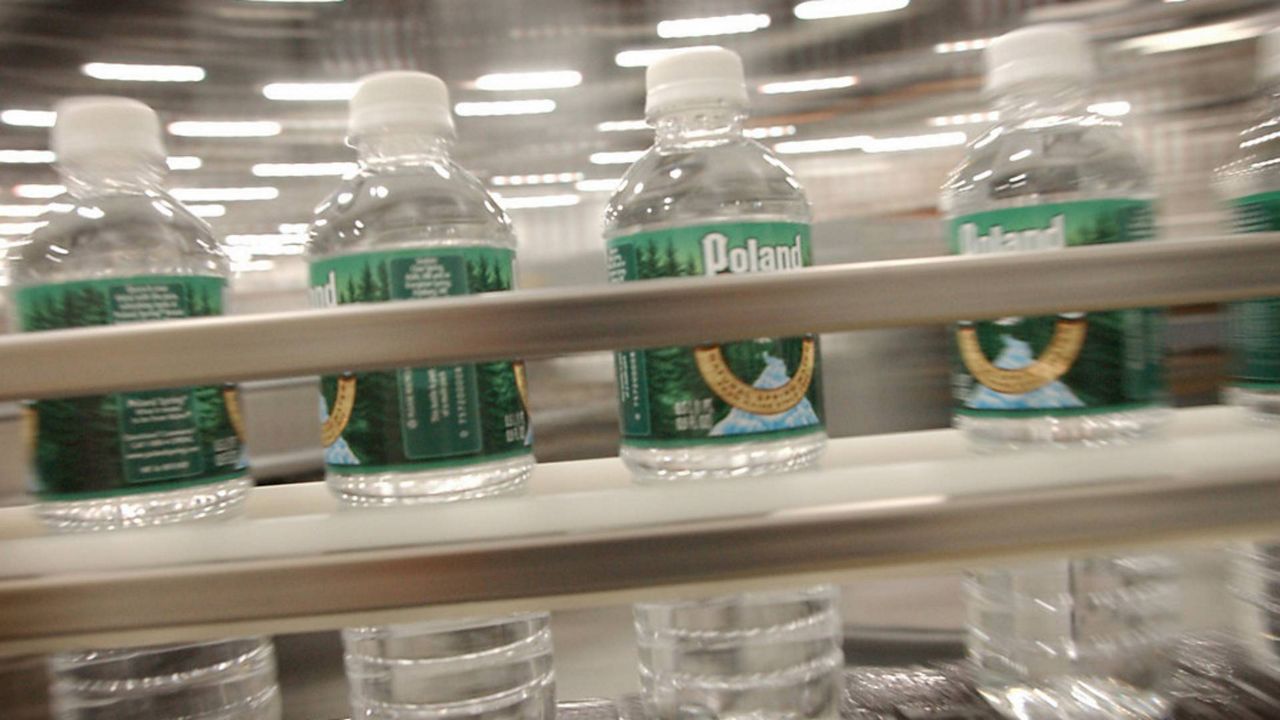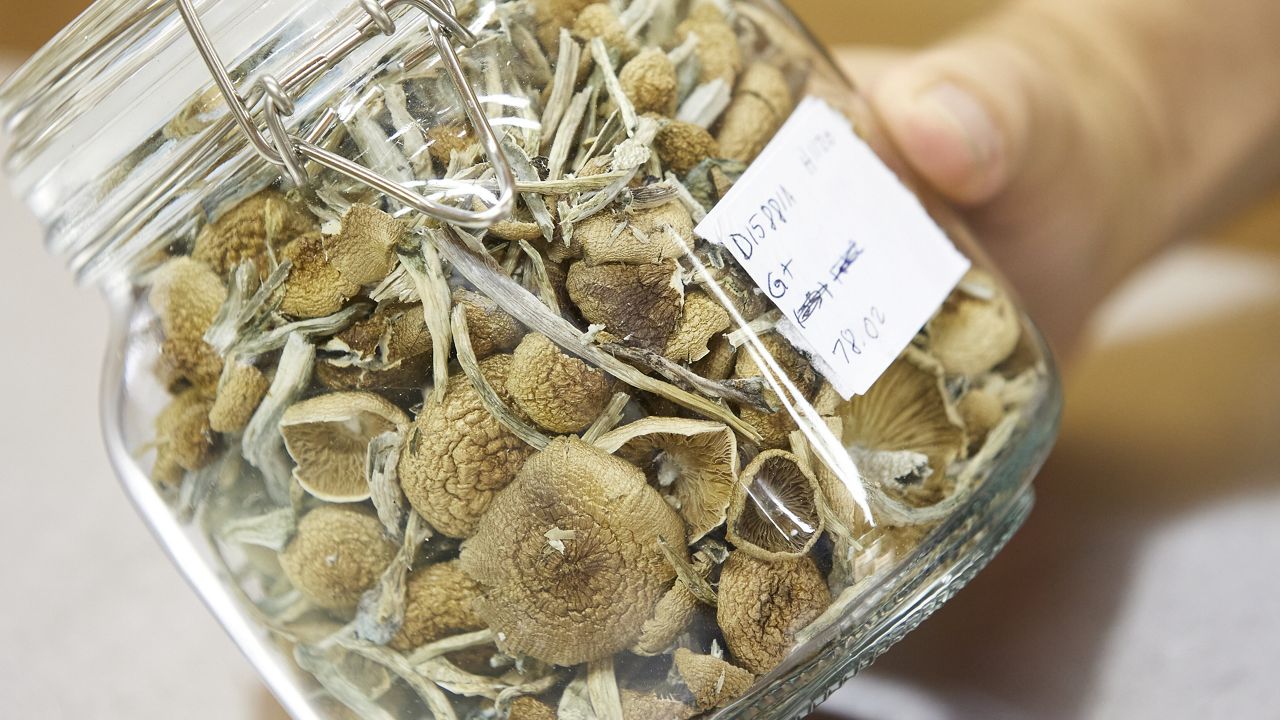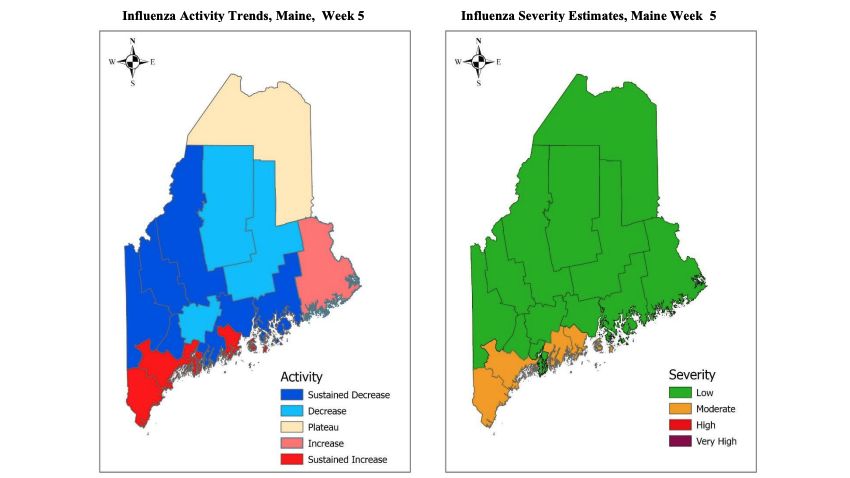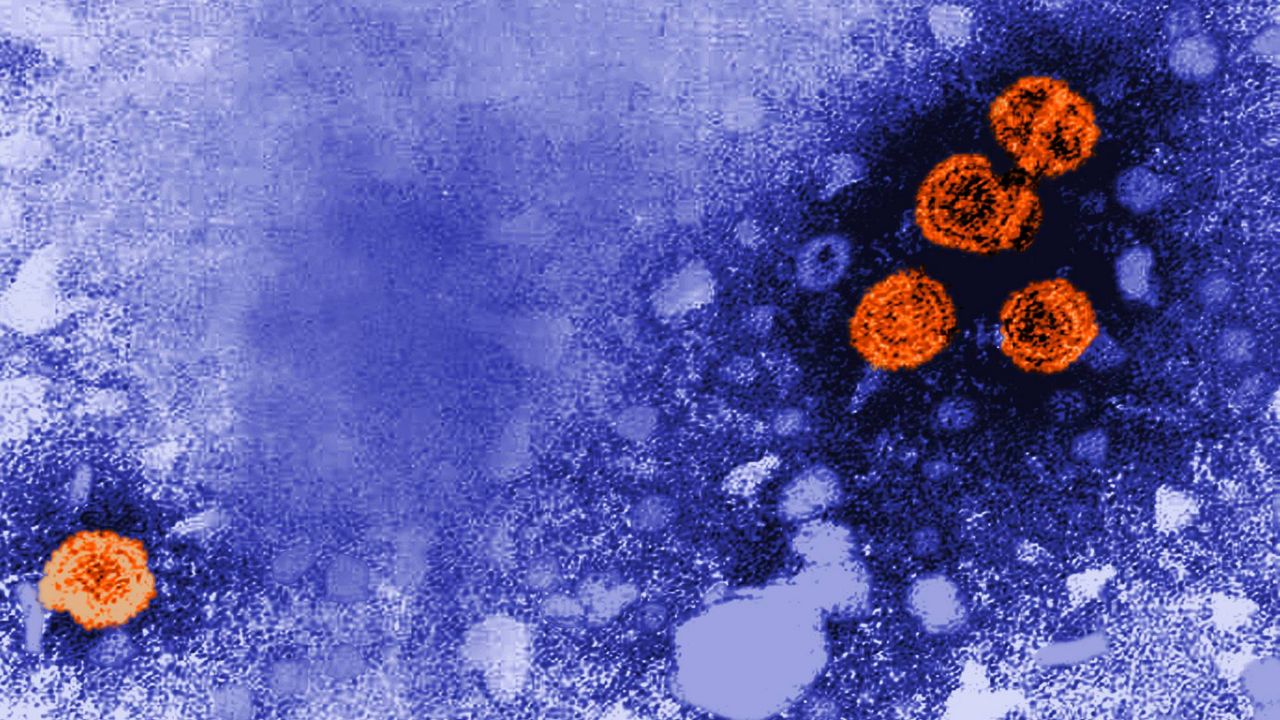All public water systems in the state are required to test for potentially dangerous chemicals called PFAS, but bottled water companies are not.
Republicans and Democrats in the Maine Legislature are working to change that.
“I expect the Maine people already believe the safety standards for commercial water that is extracted from our springs, wells, and reservoirs, is the same as the water running from their faucet,” Sen. Rick Bennett (R-Oxford) said. “No matter the water source, it should be treated with the same safety and security.”
Bennett is sponsoring LD 73, which requires bottled water companies in Maine to test for PFAS and report results to the Maine Department of Health and Human Services.
PFAS, commonly called “forever chemicals” because they do not break down in the environment, is a term for a variety of substances that have been linked to certain types of cancer and birth defects.
They are commonly used in carpets, flame retardants and many other household items.
The prevalence of PFAS in Maine started to surface in 2016, when high levels of the chemicals were found in milk from a dairy farm in Arundel. Since then, it’s been found on farm fields across Maine that were spread with sludge and in many wells that have required remediation.
In 2022, the state created a $60 million fund to try to help farmers impacted by PFAS.
And this year, lawmakers have considered dozens of bills related to the issue, including ones considered Friday by the Health and Human Services Committee.
Democratic Rep. Lori Gramlich (D-Old Orchard Beach) is sponsoring a bill similar to Bennett’s to require PFAS testing, although her bill also seeks to require additional labeling to list the source of the water, the date of the test and the level of PFAS in the water.
The Maine PFAS limit is currently 20 parts per trillion. Recently, the federal government proposed lowering the federal standard from 70 parts per trillion to 4 parts per trillion.
“It is evident that, while we have made great strides, both in Maine and now nationally, we still have much to do ensure that we all have safe, clean, accessible drinking water,” Gramlich said.
There are 21 water bottlers in Maine, most of whom already voluntarily test for PFAS, Amy Lachance, program manager of the Maine Center for Disease Control and Prevention Drinking Water Program said.
The largest of those is Poland Spring, which testified in support of Bennett’s bill, but said that the labeling provisions in Gramlich’s bill are unworkable.
Liz Donohue, director of government relations for Poland Spring, said they process their water to remove many types of impurities, including PFAS. The International Bottled Water Association sets the limit at 5 parts per trillion.
“We already, Poland Spring, are at 4 parts per trillion because that’s what technology allows you to test at,” she said.
The labeling requirements proposed in Gramlich’s bill cannot be achieved at the state level because the federal Food and Drug Administration regulates labels, which pre-empts state law, Donohue said.
Bennett said he started asking questions about bottled water and PFAS a couple of years ago and was surprised to find what he described as a lack of transparency.
“I think disclosure is critical,” he said. “I think people need to know what they’re drinking. I think water is part of Maine’s brand. It’s one of the reasons we have so many successful bottled water commercial operations.”









